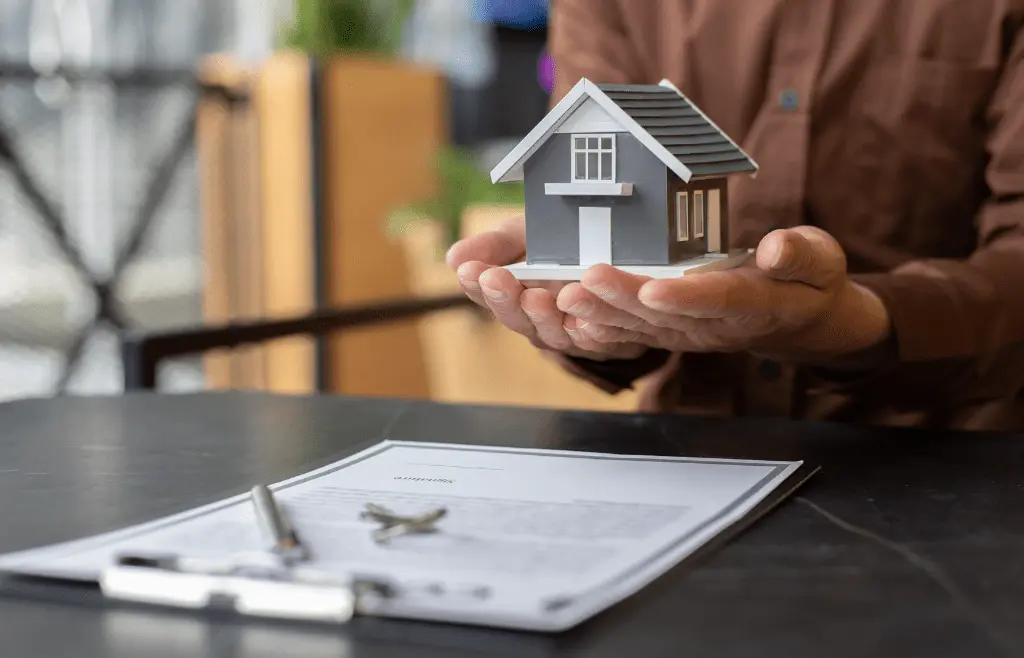Preparing for the Real Estate Closing Process
September 15, 2022

Real estate purchases can be a long, grueling process for both sides. There are many financial, legal, and other hoops to jump through to get to the closing process. If you’ve made it this far, congratulations on nearing the completion of your purchase – but there’s still some work to do.
The closing process can often just be crossing some t’s and dotting some i’s as you and the seller complete necessary paperwork, but it’s also not official until it’s truly official. This means until you have the keys and are ready to move into or rent out the property then you should be diligent about each step.
When you’ve reached this point it’s because your offer has been accepted which means some money will start changing hands, inspections must be completed, and finances must be sorted out. We help clients through the closing process in Florida frequently and want to make sure you’re prepared.
Open an escrow account
Your offer likely included “earnest money.” This is a good-faith deposit you’re willing to put down on the home in order to secure the purchase. This money won’t generally be refundable unless the seller fails to uphold their end of the contract, so it’s important to put this money into an escrow account that protects both parties.
Secure financing and insurance
Your offer is only a pipe dream and a handshake until you actually have the money to pay for the home. You’ll want to go to your lender to finalize your mortgage which will be easier if you’ve already gotten pre-approved. If not, you’ll need to start the process with documentation of your income, identification, and proof of your homeowner’s insurance.
Schedule an inspection and appraisal
Even if your initial view of the home and the market have determined what seems like a reasonable price, you will want to verify this before making the purchase. The inspection and appraisal of the home will be done by two separate entities and play an important role in confirming what you’re actually buying.
You will be responsible for the inspection which means hiring a professional to thoroughly inspect the home. They will be tasked with walking through the home and making sure there are no obvious issues with the home such as mold/mildew, foundational issues, plumbing problems, and more. If problems are found then it will be up to you and the seller to negotiate who will take care of the problems or if the problems are too much for you to continue with the purchase.
For an appraisal, your lender will be responsible for verifying the value of the home. Once you’ve secured an agreement with the lender they should schedule this to make sure the home is actually worth what you’re paying. This essentially protects the lender from lending more money than is actually held in the value of the home. Appraisers will look at recent market trends and the features of the home such as the number of beds and baths, square footage, and amenities.
Review final disclosures and walkthrough
Once you’ve secured financing and insurance, and completed the inspection and appraisal process then you’re officially at the finish line. This isn’t the time to let up, however. Both parties should review disclosures to ensure all details are as agreed upon. This means double-checking loan details and ensuring the correct property details are defined in the agreement.
Once you’ve done all this you should do a final walkthrough of the home before closing to make sure any requested repairs have been completed and that nothing out of the ordinary has occurred between the time of inspection, appraisal, and your walkthrough.
Congratulations, you’ve made it! These steps are just a few of the many steps in the real estate process, but we’re proud to be a part of your journey. At Schlegel Livingston, we pride ourselves on helping clients through life’s most important moments. Contact us and we’ll guide you through the real estate process from start to finish.

